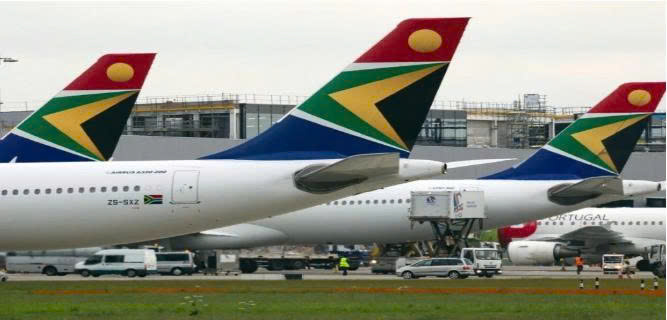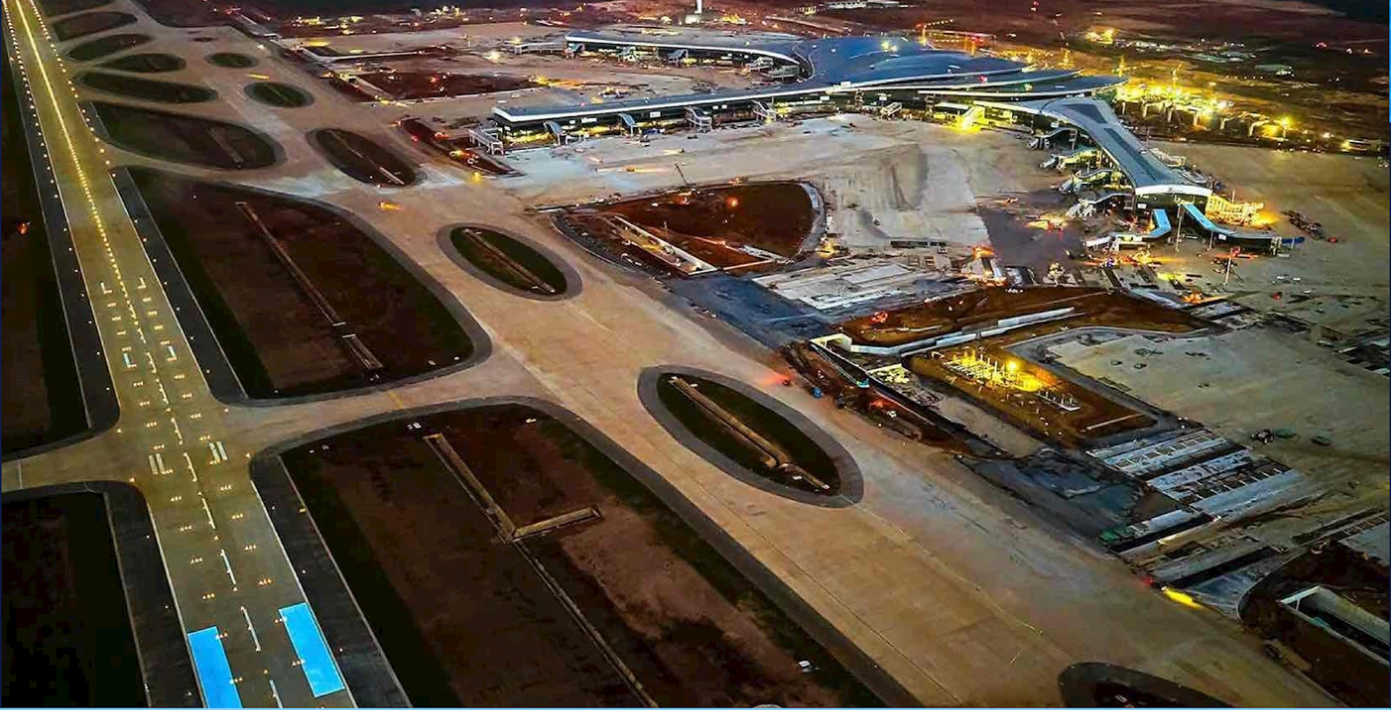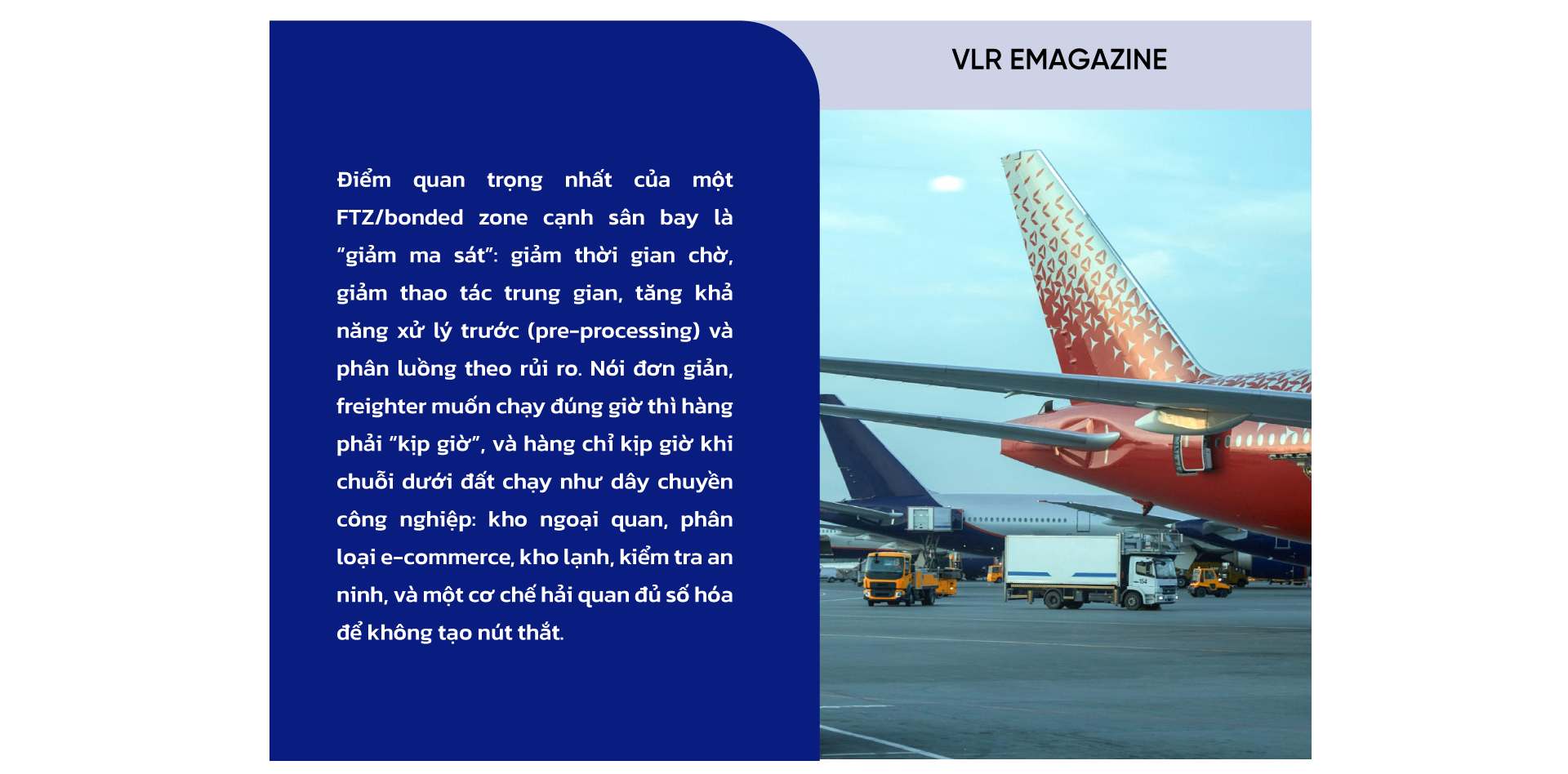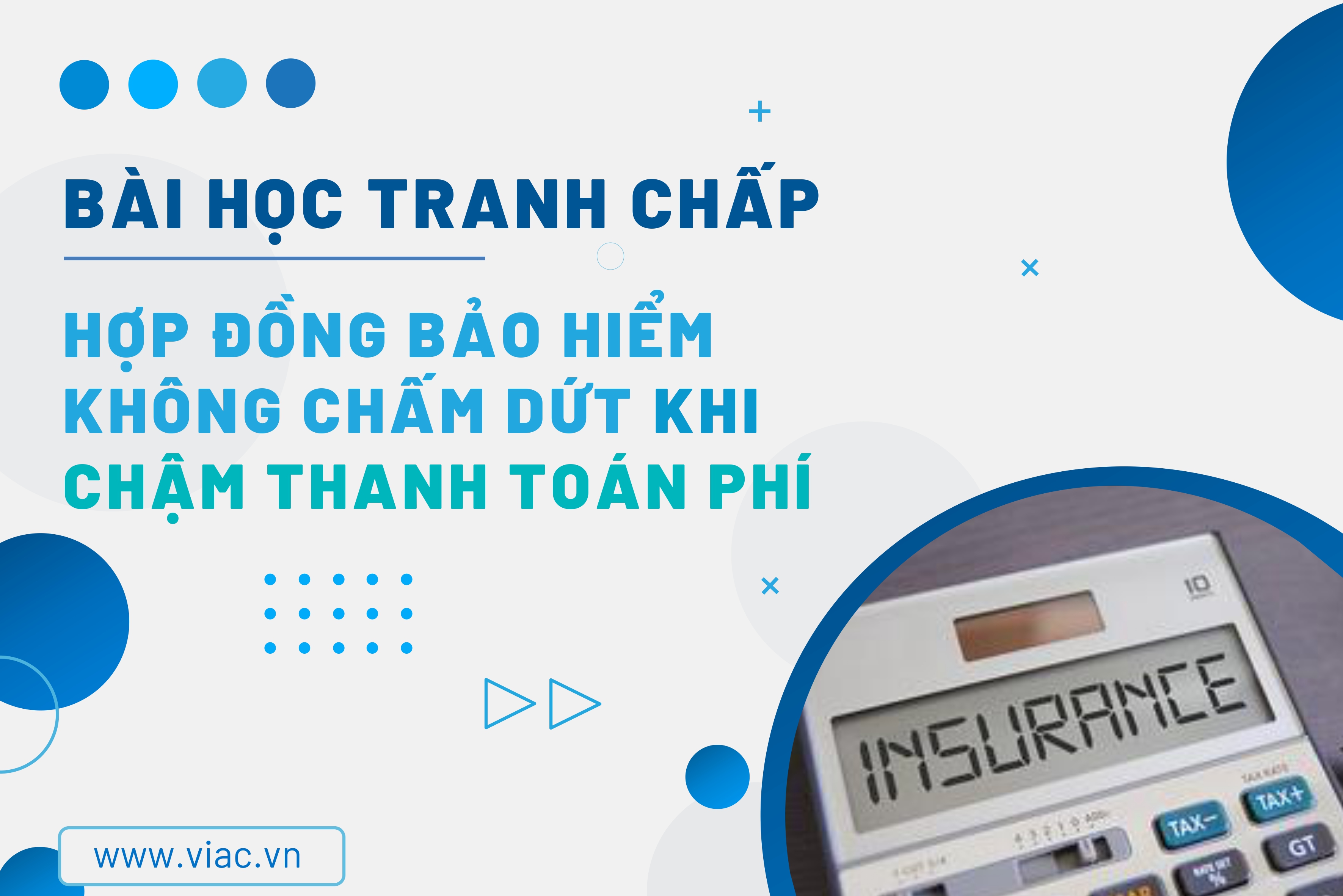In recent years, Vietnam has continuously strengthened its international partnerships and fostered long-term, sustainable relationships with countries around the world, aiming to boost economic growth through trade and global goods exchange.

During a recent working session organized by the Ministry of Industry and Trade with South African airlines such as Airlink and South African Airways, as well as aviation and logistics experts, discussions focused on cooperation opportunities between the two countries.
Mr. De Villiers Engelbrecht, Chief Financial Officer of Airlink – one of South Africa’s leading airlines – noted that the biggest current challenge is the absence of a direct flight route between the two nations. However, he emphasized that this also presents a significant opportunity for collaboration between airlines, particularly in establishing a partnership between Airlink and a Vietnamese carrier to launch direct passenger and cargo routes connecting the two markets.
Mr. Do Xuan Quang – Vice President of the Vietnam Logistics Business Association (VLA) and Deputy CEO of Vietjet Air – emphasized that Vietnam and South Africa hold tremendous potential for cooperation in cargo transportation, trade, and tourism. Establishing direct flight routes in the near future would not only reduce transit times and logistics costs but also open up stronger supply chain connectivity between the two sides, especially for high-value goods such as pharmaceuticals, electronic components, fashion products, and agricultural exports.
Moreover, OR Tambo International Airport in Johannesburg – a major cargo transit hub in Africa – is expected to serve as a strategic gateway for Vietnamese goods to penetrate deeper into the regional market. Conversely, African exports would also gain more efficient access to the ASEAN market through Vietnam’s rapidly growing logistics network.
This initiative marks a pivotal step in realizing Vietnam’s strategy to expand its economic reach and foster intercontinental air logistics connectivity. It also demonstrates the proactive efforts of both governmental bodies and businesses in seeking new pathways to adapt to the increasingly volatile landscape of global trade.
Source: https://als.com.vn/tiem-nang-hop-tac-logistics-hang-khong-giua-viet-nam-va-nam-phi









